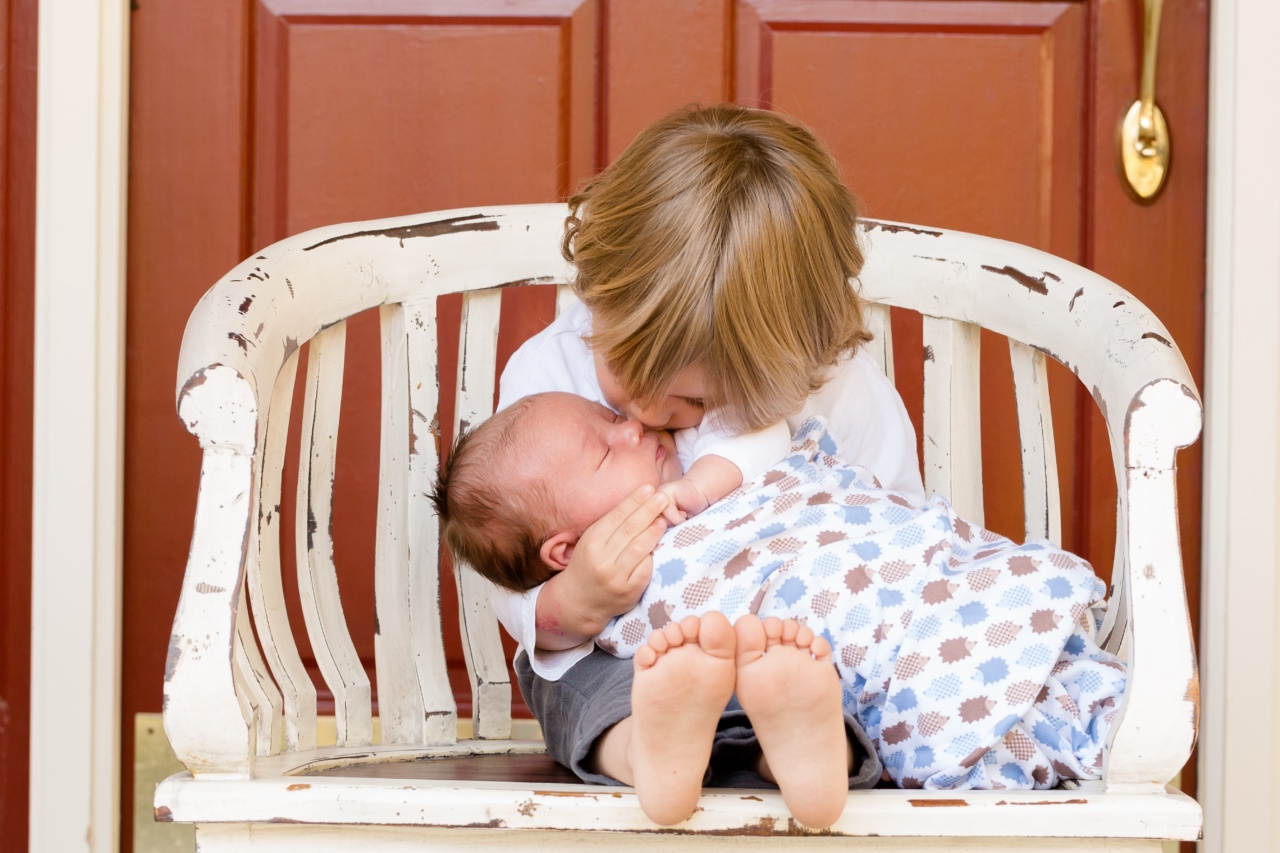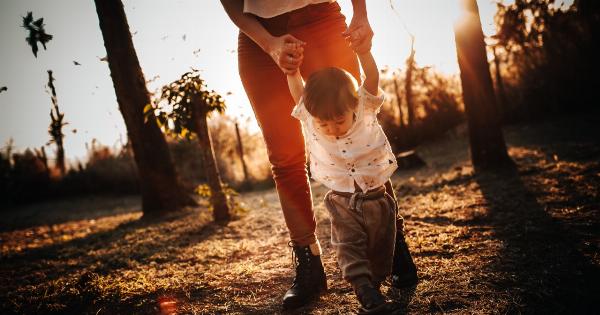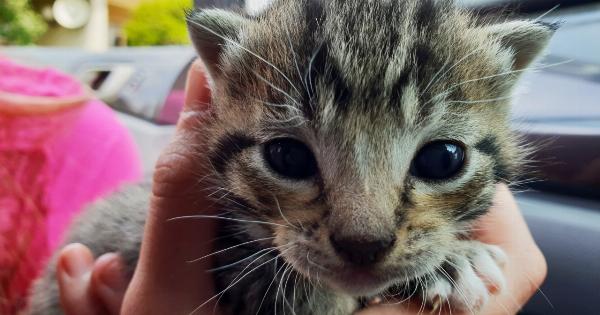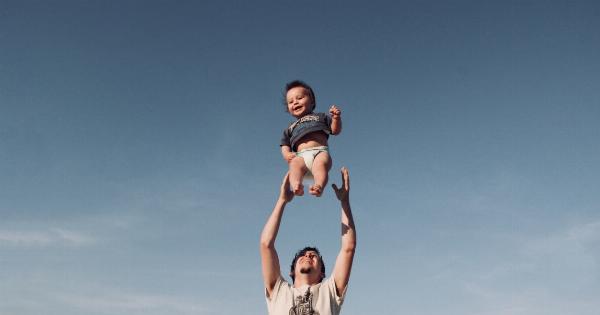Welcoming a new baby into the family is an exciting and joyous event. However, this significant change in the family dynamic can also bring about mixed emotions, particularly for older siblings.
Understanding how children react to the arrival of a new baby can help parents navigate the transition and ensure a smooth adjustment for everyone involved.
1. Excitement and Anticipation
One common reaction that many children may experience when they learn about a new baby on the way is excitement and anticipation. They might imagine all the fun things they can do with their new sibling, and eagerly await their arrival.
This initial enthusiasm can be a positive sign and a reflection of their willingness to embrace the change.
2. Curiosity and Questions
As the pregnancy progresses, children may express curiosity about the baby and the process of childbirth. They may ask questions, such as how the baby will come out or where it will live in the house.
Encouraging open and honest communication can help alleviate their concerns and provide them with age-appropriate information.
3. Feelings of Jealousy
One of the most common emotions children experience when a new baby arrives is jealousy. They might feel threatened by the attention and affection the newborn receives from their parents.
This jealousy can manifest in various ways, such as acting out, regressing in behavior, or seeking extra attention. It is crucial for parents to acknowledge these feelings and reassure their older child that they are loved and valued.
4. Adjustment Period
When the baby finally arrives, older siblings may go through an adjustment period as they adapt to the new family dynamics. They may need time to get used to the baby’s presence and the changes it brings to their routines.
It is important for parents to be patient and understanding during this phase and offer extra support to all family members during this transition.
5. Sibling Bonding
Over time, many older siblings develop a strong bond with their new baby brother or sister. They may enjoy helping with tasks like feeding, playing, or even changing diapers.
Encouraging and facilitating these bonding moments can foster a sense of responsibility and love between siblings.
6. Regression in Behavior
Some older children may exhibit regression in their behavior after the arrival of a new baby. This regression can manifest in various forms, such as bedwetting, thumb sucking, or demanding to be treated like a baby again.
Experts believe that this behavior is a way for children to regain the attention and care they once received. Responding with empathy and understanding can help them navigate this phase and gradually return to their age-appropriate behavior.
7. Need for Individual Attention
With the demands of caring for a newborn, parents may inadvertently neglect their older child’s need for individual attention.
It is essential to carve out dedicated one-on-one time with the older sibling to ensure they feel seen, heard, and valued. This focused attention can help alleviate any lingering feelings of jealousy and strengthen the parent-child bond.
8. Expressing Emotions
Children may struggle to express their emotions clearly, especially when it comes to the arrival of a new sibling. They might feel a mix of love, joy, frustration, and jealousy, all at once.
Encouraging them to verbalize their emotions and validating their feelings can help them process their emotions in a healthy manner.
9. Maintaining Routines
Amidst the chaos and excitement of a new baby, it is crucial to maintain some semblance of routine for older siblings.
Consistency in daily activities such as meals, playtime, and bedtime can provide a sense of stability and familiarity, helping children feel secure amidst the changes.
10. Involvement and Empowerment
Engaging older siblings in the care of the new baby can give them a sense of involvement and empowerment. Allowing them to help with simple tasks, like choosing the baby’s outfit or singing lullabies, can make them feel valued and responsible.
It also fosters a sense of connection and nurtures their self-esteem.




























